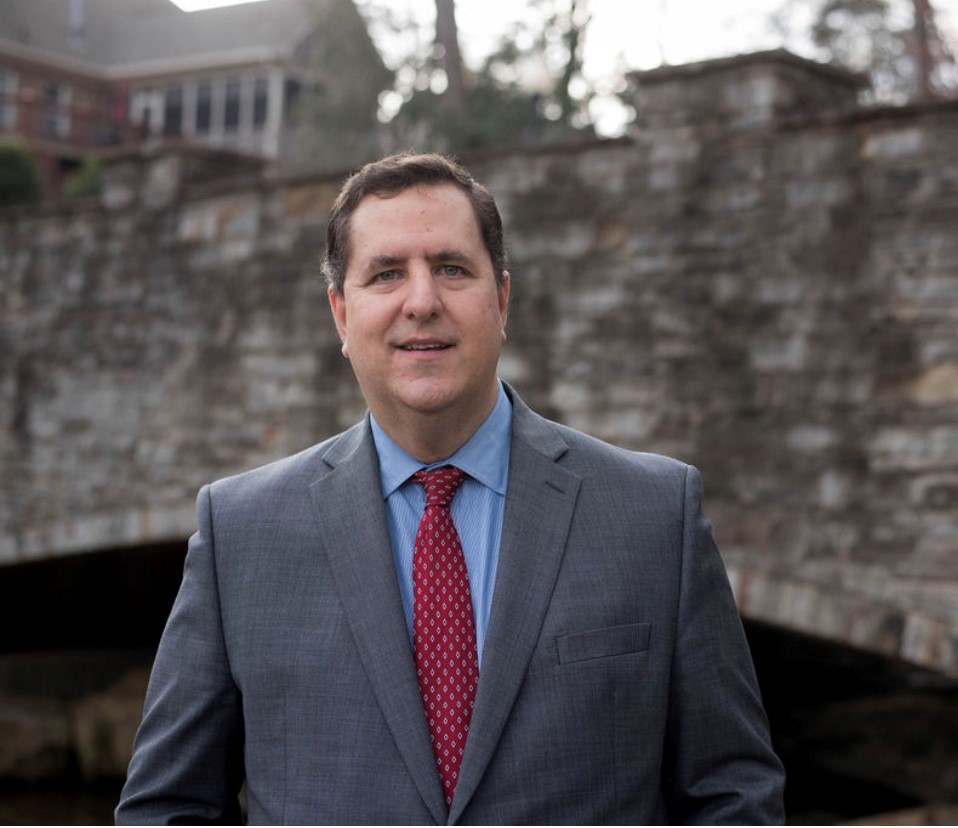Here's The Firm's Latest Blog Post!
My simplest Last Will and Testament is currently about 6 pages long. My next most complicated Last Will and Testament comes in at about 20 pages. Admittedly, this can be a lot of pages for a client to read through. And a large portion of the Last Will is filled with legal terms and phrases that do not make for the best leisure reading. So why does your "simple Last Will" have to be so long and complex? I see two major reasons why this is the case.
Firstly, when I draft a Last Will for a Client, I am thinking about what will happen to the estate and estate beneficiaries if the unexpected happens. If we could all be certain that our estates will be administered exactly according to plan, perhaps the Last Will could be simpler and shorter.
But life does not always go as we think it is going to go. Lots of events could occur that change the effectiveness of a Last Will. An estate beneficiary could unexpectedly pass away or run into issues of financial mismanagement, divorce, disability, or drug addiction. Particular assets could be sold off or lost. Nominated Executors can pass away or find themselves not approved by the Probate Court after your lifetime. Since some of these issues can reasonably be anticipated and planned for, you will find that even my simple Last Will contains many provisions and clauses for dealing with these kinds of events.
My goal for a Client's Last Will is to take care of what will happen if everything goes according to plan. But my goal is to also take care to obtain a good result for the Client's family if things do not go exactly as planned. I once had a Client come to me for a "simple Last Will". The Client explained to me that he only had one beneficiary and it should all be quite easy for the Will to deal with his estate. I asked a single question that the Client had obviously not thought of. What should happen if your single beneficiary dies before you?
Secondly, Last Wills are full of complex legal language because the Last Will has to eventually speak to many different people who are charged with carrying out your intent. This includes estate attorneys, probate judges, and probate court staff. These people all speak in a legal language that has been created over a long period of time. It is vital that your Last Will communicate your intent as clearly and concisely as possible because after your lifetime you are not going to be available to explain what you meant.
One of the most difficult Last Wills I was involved in administering was a Last Will that was entirely written from scratch by the Decedent. The Will was full of directions by the Decedent to do things that were not necessarily possible to do as well as neglected to use the ordinary legal terms people in this field expect to see in a Last Will. Fortunately the estate beneficiaries were able to agree on what the Decedent meant, so that the Probate Court did not have to be asked to determine this. The Decedent certainly saved money by writing his own Last Will, but the complexity and extra steps added to the estate administration more than offset the initial savings.
Last Wills can be complex documents containing a lot of legal language and phrasing. A Client may wonder whether it is all necessary. In my practice, I try to prepare Last Wills that account for life events that we may not expect, as well as Last Wills that speak properly to the people who will be called upon to carry out your intent. These are the reasons why Last Wills can contain some complexity that you may not have expected.
View More Informative Blog Posts


